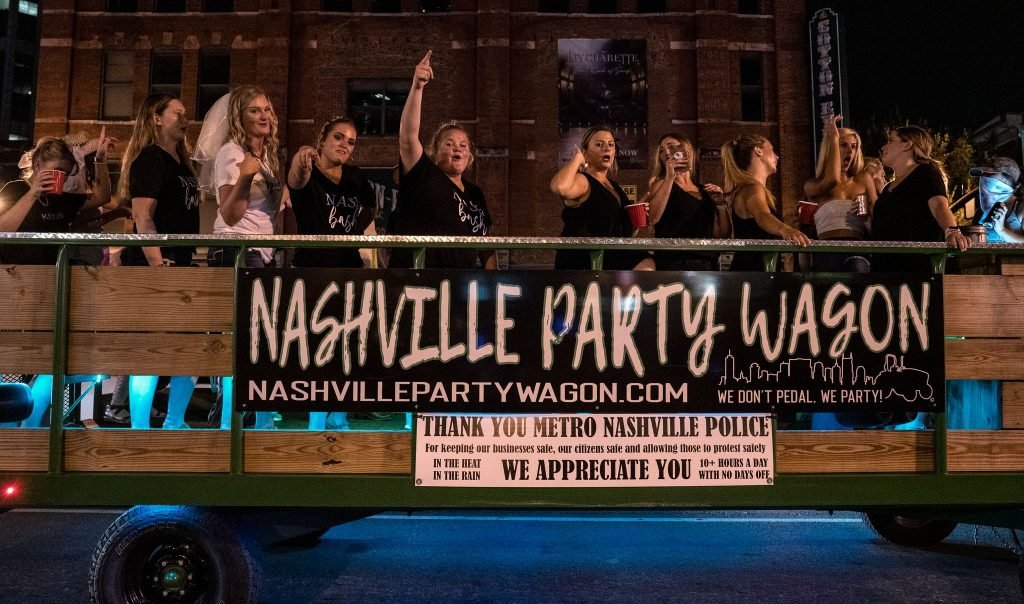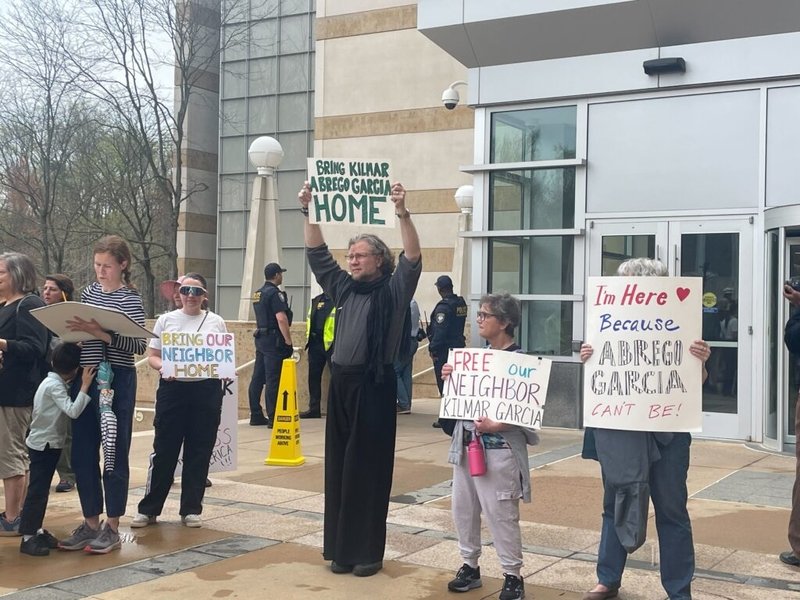Back in May, Nashville Mayor Freddie O’Connell delivered the 2025 address, urging residents to ask for more transportation options as they look to the future together.
Now, any political speech tends to promote a bright vision of civic engagement, and while I usually find a way to roll my eyes—trust me, it wasn’t easy—I stumbled upon some news about the city’s economic direction that got me thinking about its future.
- For example, the head of the local chamber of commerce mentioned Nashville’s reputation as “Music City” has fueled a wave of tourist growth over the last decade.
- Then there’s the development of gleaming new apartment buildings downtown. Some people, perhaps overzealous developers, have packed in so many units that they now sit largely vacant.
- On another note, plans for a new boulevard along the East Bank of the Cumberland River might lean toward becoming a wide, car-centric road instead of the multi-use transit dream many had envisioned.
- Also, interestingly, office vacancy rates downtown are higher than the national average, indicating that several of the city’s largest commercial spaces are struggling.
- And then, there’s talk about the Convention Center considering a major expansion, though they admit they don’t have enough space to accommodate every group that wants to book events.
These mixed messages create a kind of paradox. Sure, there’s a lot happening, yet it often feels like Nashville is somehow stagnant.
Economically, signs of life are everywhere: growing population, booming employment, a relentless stream of tourists, low unemployment, and a surge in new hotels and pricey apartments—not to mention the expansion of beloved local cuisine options. But, it’s important to note that while these are indications of growth, they don’t necessarily equate to progress or improvement.
In fact, growth doesn’t automatically translate to making a city a better place to live. I know this sounds pedestrian, but it seems to escape the notice of those who dictate Nashville’s economic narrative. Even as music remains a cornerstone of the city’s culture, there’s a prevailing attitude that growth for its own sake is a civic virtue.
Years ago, this concept didn’t seem to draw much scrutiny, but more recently, it might suggest a lack of experienced voices willing to advocate for moderation as the city evolves.
This rush can lead to a troubling atmosphere: Nashville sometimes feels like an amusement park benefiting mainly the music industry’s big names while sidelining the artists themselves.
Downtown, unsettlingly, many residents find themselves preferring to avoid the area. This not only reflects a shift in entertainment but also highlights why those office vacancy rates aren’t just relics of post-COVID work trends. Some businesses are opting to move out of the bustling downtown altogether.
It feels like we’ve lost control of our downtown. Sure, there’s significant growth projected for visitor spending and hotel occupancy into the mid-2030s, and proponents argue that these commercial vibes are necessary to fund other urban needs, given our taxation systems.
But here’s my concern: if a city cannot maintain an engaging core that attracts both locals and visitors, it risks becoming uninteresting. Relying solely on tourist-centric themes is a shaky foundation. The misconception that unchecked growth will inherently lead to all good things seems to overlook the underwhelming trends in education, transportation, and affordable housing over the past fifteen years.
That said, I’m not trying to dismiss all positive perspectives about urban spaces. Recently, there’s been a campaign called “Imagine Nashville,” aimed at unifying community priorities and guiding the city for the coming decade. They produced a significant report that set out various goals focused on standard of living, transportation, housing, and quality of life.
Of course, while it’s a compelling effort, there are still glaring gaps in addressing commercial and geographical issues within the city.
The discussion about sustainable growth is gaining popularity, as suggested by the Imagine Nashville report, which notes that growth offers benefits when it’s mindfully managed. The challenge, however, lies in showing a genuine commitment to care for the city.
It’s certainly a captivating concept, but skepticism remains palpable. Many people are glancing around downtown Nashville, pondering its reality. It’s not an unreasonable stance. But honestly, one has to question if anyone is actually serious about doubling the size of the Music City Center, building new hotels, and cramming in even more conventions and cookie-cutter bars.
















